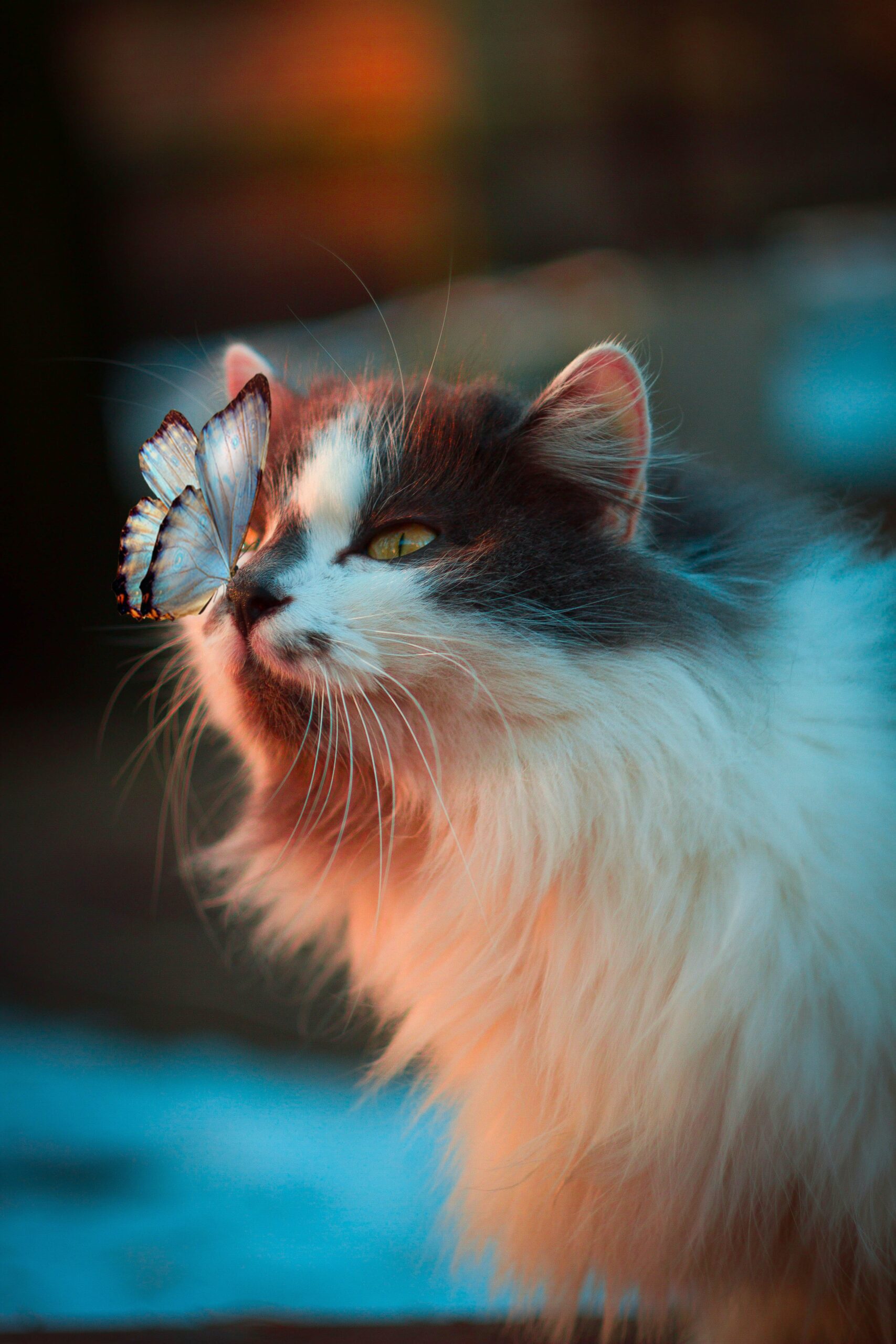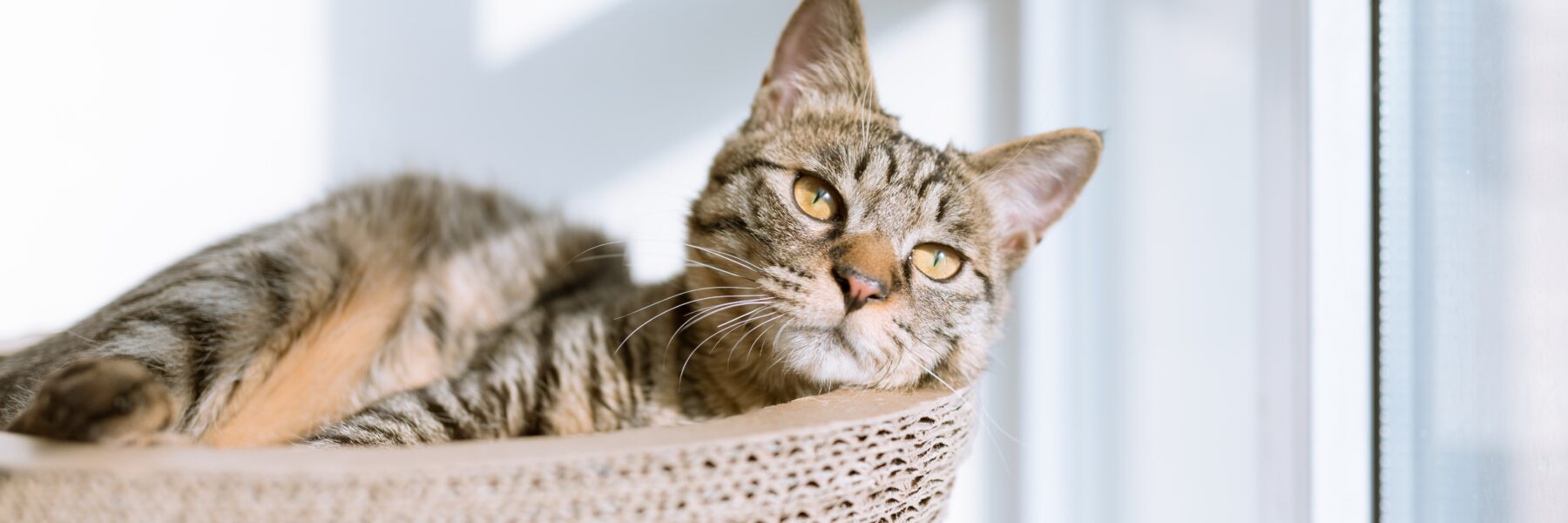If you’re a cat owner, you may have wondered if it’s safe to share a bit of olive oil with your furry friend. Although cats have specific dietary needs, there are several benefits to incorporating olive oil into their diet. From promoting a healthy coat to aiding digestion, the consumption of olive oil can provide various perks for our feline companions. However, it’s important to keep in mind that moderation is key, as too much olive oil can lead to unwanted weight gain or digestive issues. So, let’s explore the dos and don’ts of including olive oil in your cat’s diet, ensuring that you can make informed decisions about your pet’s nutrition.
Can Cats Eat Olive Oil
The Benefits of Olive Oil for Cats
Many cat owners wonder if it’s safe to give their feline friends olive oil as a supplement or as part of their diet. The good news is that yes, cats can eat olive oil! In fact, olive oil can provide several benefits for your furry companion.
Nutritional Content of Olive Oil
Olive oil is not only safe for cats to consume, but it also contains various nutrients that can enhance their overall health. It is rich in healthy fats, vitamins, minerals, and antioxidants. These components contribute to the positive effects of olive oil on cats.

This image is property of images.unsplash.com.
How to Introduce Olive Oil to Your Cat
Before incorporating olive oil into your cat’s diet, it is essential to consult with a veterinarian. They can provide guidance specific to your cat’s individual needs. Once you have the green light from your vet, start by introducing olive oil in small amounts. You can mix it with your cat’s wet food or treats to make it more palatable.
Recommended Dosage of Olive Oil for Cats
The recommended dosage of olive oil for cats depends on their weight and overall health condition. As a general guideline, start with half a teaspoon of olive oil per day for an average-sized cat. It is crucial to monitor your cat’s response to the oil and make adjustments as needed.

This image is property of images.unsplash.com.
Precautions and Risks
Although olive oil is generally safe for cats, there are a few precautions to keep in mind. Some cats may experience gastrointestinal upset when introduced to olive oil, which can result in diarrhea or vomiting. Additionally, excessive consumption of olive oil can lead to weight gain and obesity. Always consult with a veterinarian if you have concerns or notice any adverse reactions in your cat.
Alternative Natural Remedies for Cats
If you’re looking for alternative natural remedies for your cat, there are several options to consider besides olive oil. Coconut oil, fish oil, flaxseed oil, and salmon oil are all commonly used to support cats’ health. Similar to olive oil, it’s important to consult with a veterinarian before introducing any new supplements or remedies to your cat’s routine.

This image is property of images.unsplash.com.
Common Questions about Cats and Olive Oil
Is Olive Oil Safe for All Cats?
Olive oil is generally safe for most cats. However, it is always recommended to consult with your vet before introducing any new food or supplement to your cat’s diet, especially if they have any underlying health conditions.
Can Olive Oil Treat Hairballs?
Yes, olive oil can help with hairball prevention and digestion. It acts as a lubricant, making it easier for hairballs to pass through the digestive system. However, it’s important to note that excessive use of olive oil can have adverse effects, so it’s best to follow the recommended dosage.
Can Olive Oil Help with Constipation in Cats?
Olive oil’s lubricating properties can also help alleviate constipation in cats. By adding a small amount of olive oil to their diet, it can soften their stool and aid in smooth bowel movements. Again, it’s crucial to consult with your veterinarian for proper dosage and guidance.
How Often Should I Feed Olive Oil to My Cat?
The frequency at which you should feed your cat olive oil depends on their specific needs and health condition. It’s best to start with small amounts and gradually increase the serving size if necessary. Regularly monitor your cat’s response and consult with your vet for personalized recommendations.
What Are the Signs of Olive Oil Allergy in Cats?
While rare, some cats may have an allergic reaction to olive oil. Signs of an allergic reaction can include vomiting, diarrhea, or skin irritations. If you suspect your cat is experiencing an allergic reaction, discontinue the use of olive oil and consult with your veterinarian.
Conclusion
When it comes to feeding olive oil to your cat, taking a personalized approach and maintaining moderation is key. While olive oil can provide various benefits such as improving coat and skin health, aiding digestion, boosting the immune system, providing additional calories for underweight cats, and acting as a natural anti-inflammatory, it’s important to consult with a veterinarian and monitor your cat’s health. Remember to consider alternative natural remedies and always prioritize your cat’s well-being.


